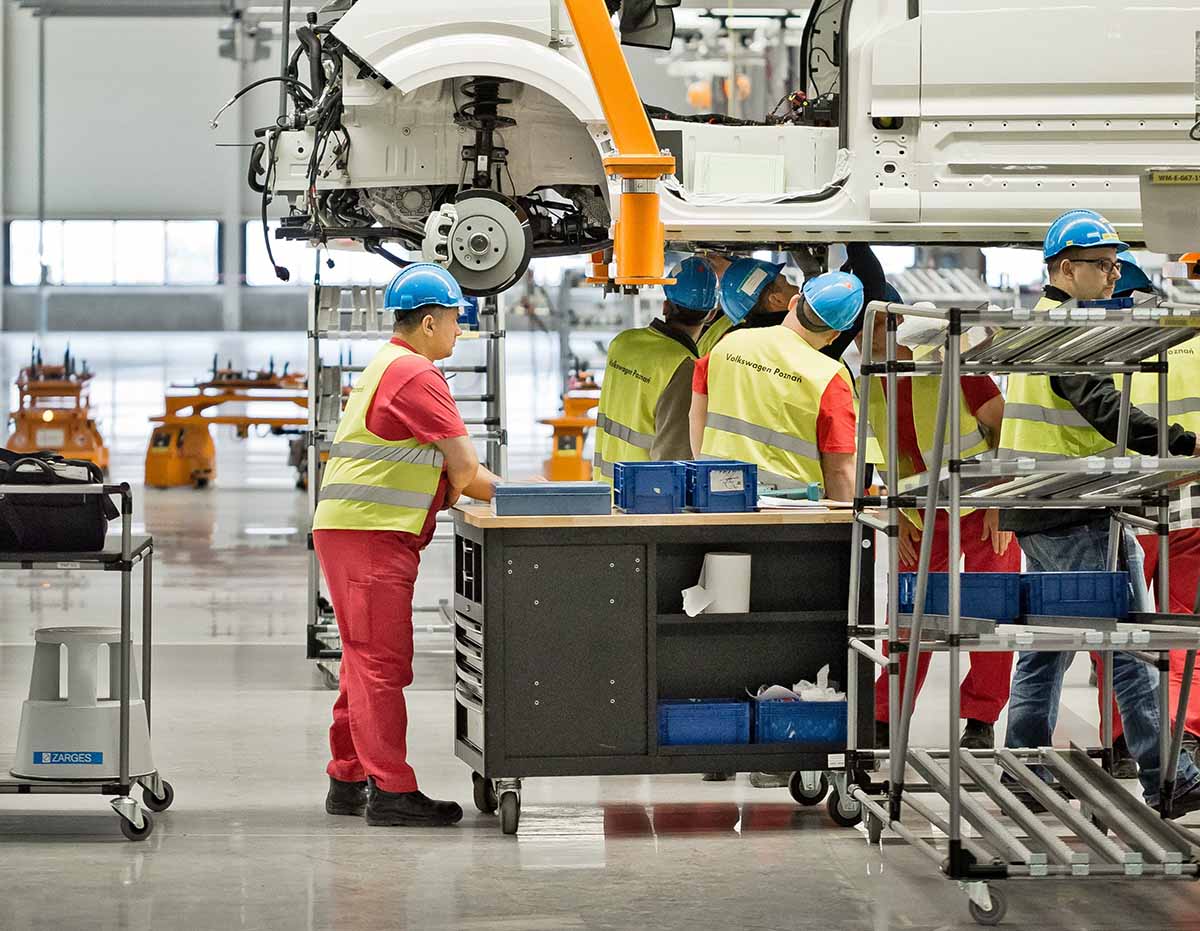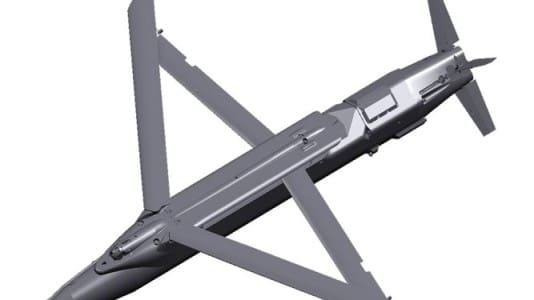German companies are increasingly choosing to transfer their manufacturing production to Poland, such as Germany’s appliance giant Miele. However, most of the companies interested in doing so are medium-sized companies.
The German publication Focus lists the French automotive spare parts Valeo as transferring its plant from Germany to Poland by the middle of this year, along with hearing aid producer Bernafon, which plans to transfer from Berlin to Szczecin.
Focus reports that there are larger enterprises looking to make the move as well. Volkswagen is transferring the production of their combustion engine Golf vehicle from Wolfsburg to Poland, and Mercedes is building an electric delivery vehicles plant in Jawor. IKEA is already producing most of its wooden furniture in Poland.
According to the German Federal Office of Statistics, Poland is now the most attractive country for European producers to relocate their production to. Twenty-three percent of those planning to transfer production are choosing Poland, ahead of Germany (19 percent) and Turkey (12 percent).
Currently, 6,000 companies with German capital are operating in Poland. These entities employ 430,000 people, and in the last few years, have invested €40 billion in the country.
Focus notes that Poland is currently the biggest exporter of electric buses in the EU and the largest producer of domestic appliances. According to the article, the Polish-German Commercial Chamber believes that Poland is so attractive to investors because of its cheaper energy, skilled workforce, and relatively lower labor costs.
The risk Focus perceives with regard to Poland sustaining this level of attractiveness is the growing cost of emissions-based energy that still dominates in Poland. However, the country is also sending the right signals on renewable and nuclear energy to reassure investors.
This is why any delay in the building of nuclear power stations would be damaging to Poland’s prospects while benefitting the country’s competitors. Still, the main takeaway is clear: Germany is increasingly unattractive to business as a result of its high energy prices and lack of skilled labor, and may in the long term be facing deindustrialization.






